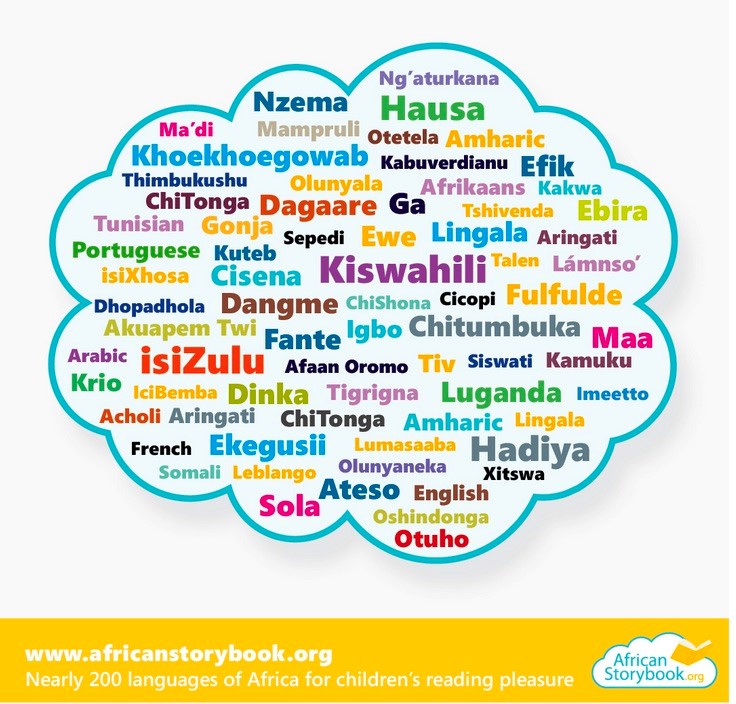International Literacy Day has been celebrated annually since 1966. This year’s theme is ‘Transforming Literacy Learning Spaces… an opportunity to rethink the fundamental importance of literacy learning spaces to build resilience and ensure quality, equitable and inclusive education for all'.
Search the site
International Literacy Day has been celebrated annually since 1966. This year’s theme is ‘Transforming Literacy Learning Spaces… an opportunity to rethink the fundamental importance of literacy learning spaces to build resilience and ensure quality, equitable and inclusive education for all'.
International Literacy Day has been celebrated annually since 1966. This year’s theme is ‘Transforming Literacy Learning Spaces… an opportunity to rethink the fundamental importance of literacy learning spaces to build resilience and ensure quality, equitable and inclusive education for all'.
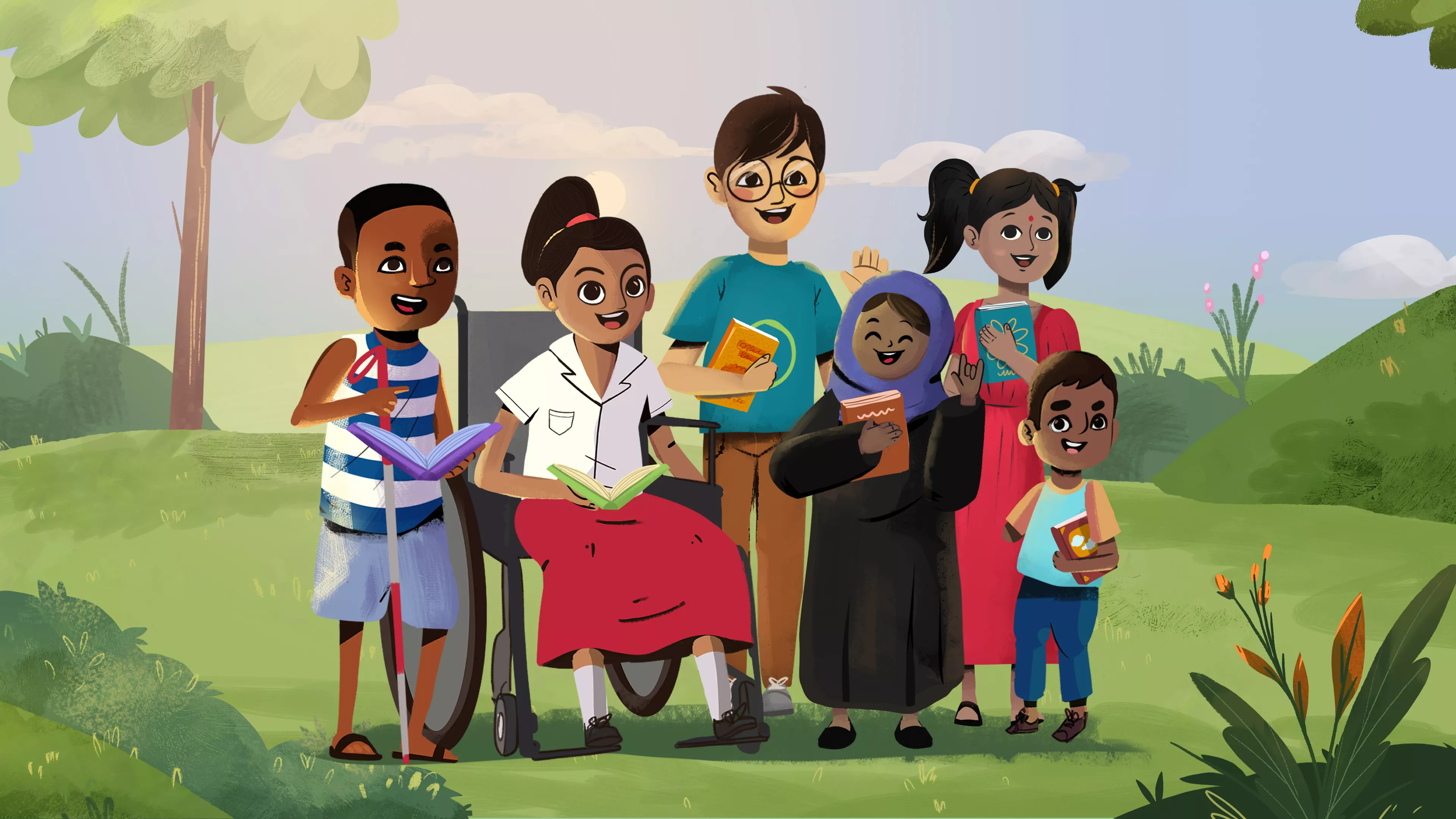

This animation introduces the importance of caregiver involvement in reading activities, and the benefits of books and reading for children’s development and learning.
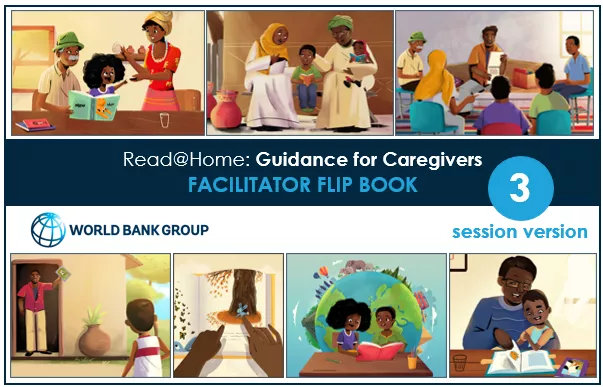

This flip book is designed to be used over three meetings with caregivers, with content divided into three sessions.
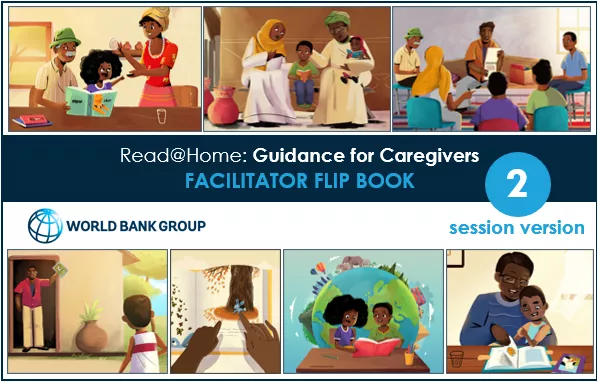

This flip book is designed to be used over two meetings with caregivers, with content divided into two sessions.
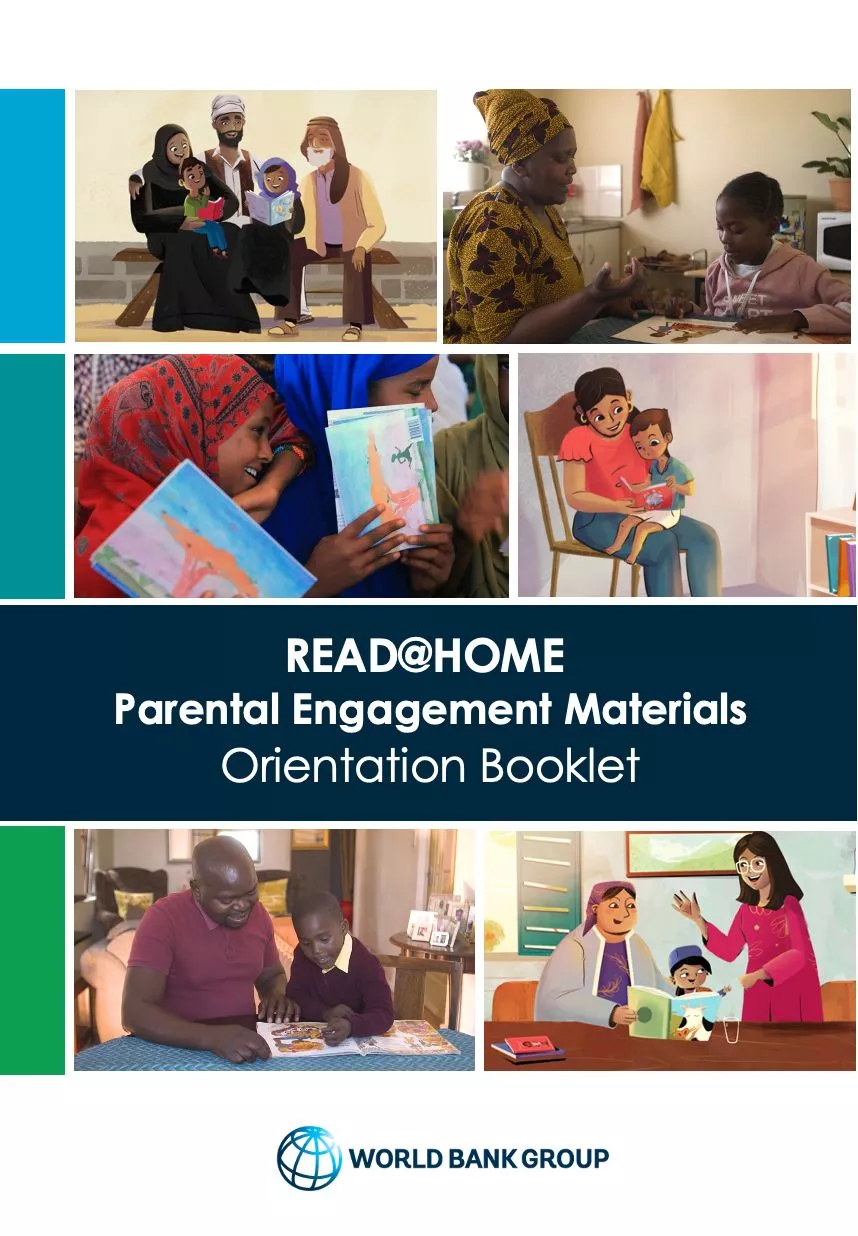

This booklet provides an overview of all the resources in the Parent Engagement Package and guidance on how these materials could be used, adapted, and combined in different contexts.
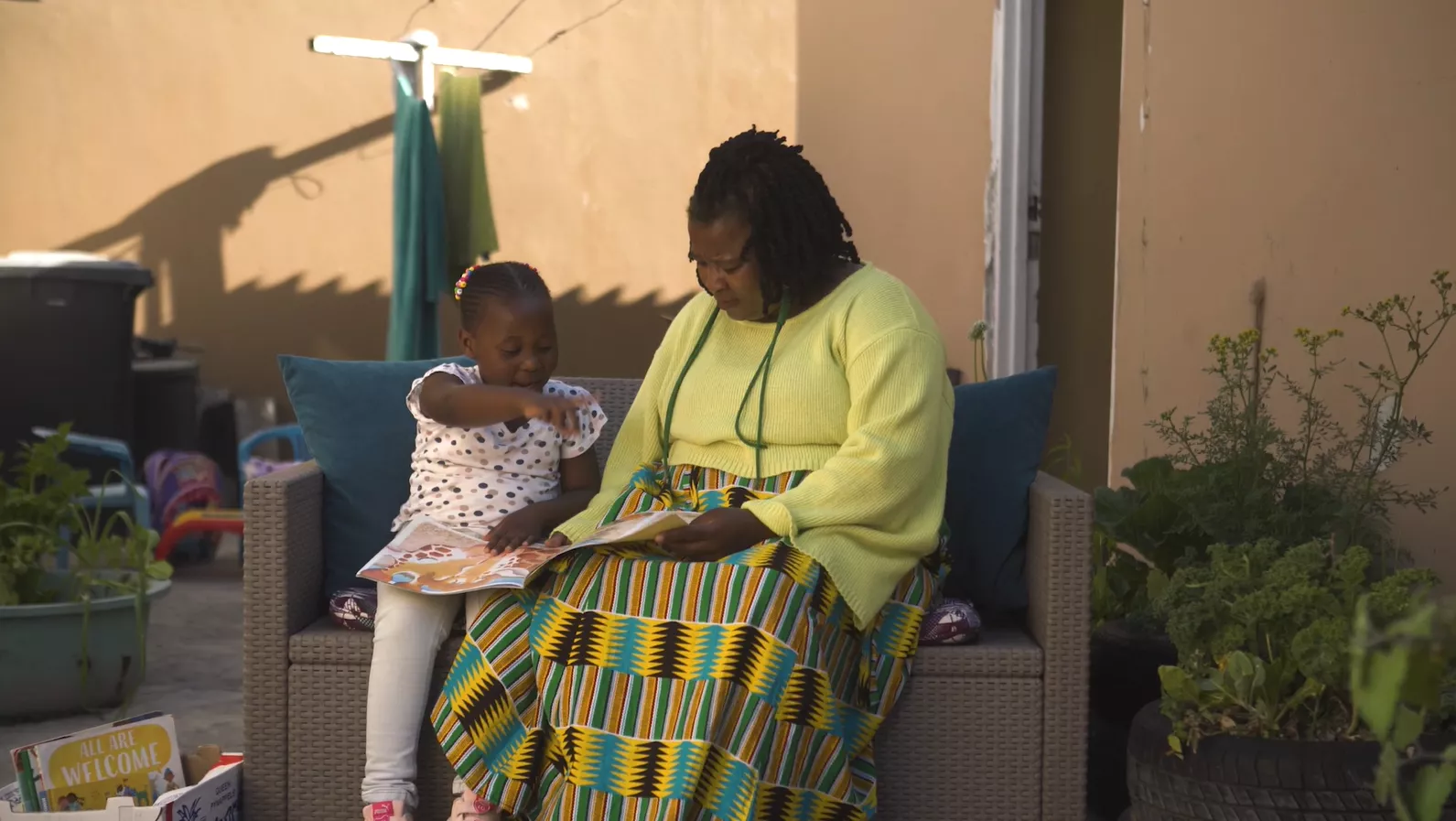

This demonstration video provides examples of the following parent engagement techniques and activities:
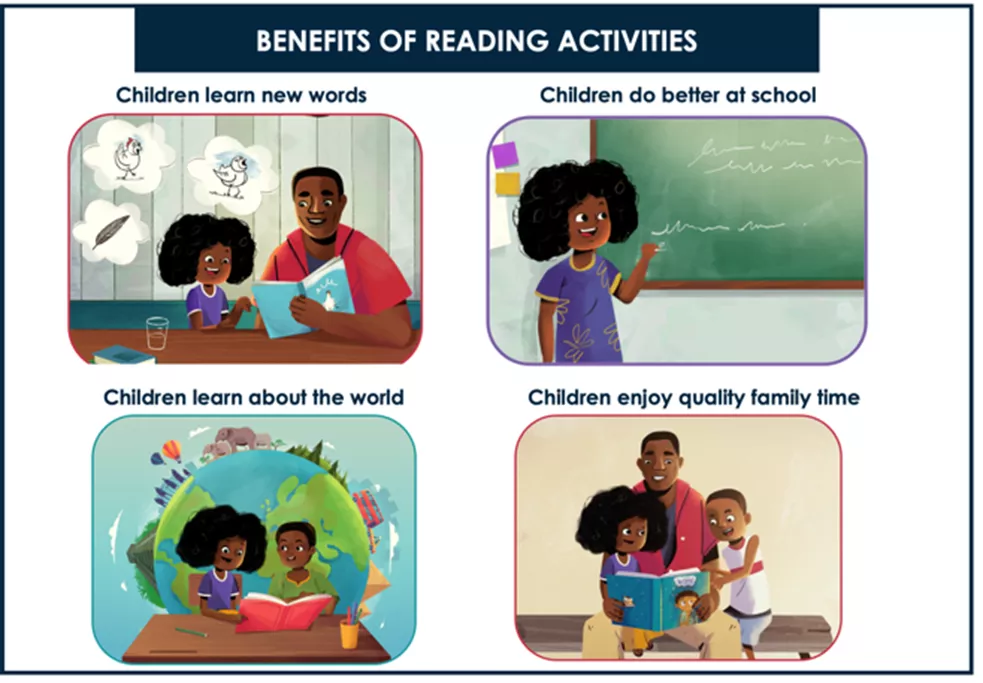

Handouts are divided into four sections:
It’s been an eventful year. In spite of the Pandemic, we have much to celebrate in the promotion of early literacy and a culture of reading in the global South. The awards and milestones achieved by the institutions and people listed below should be applauded, given the many challenges they faced in 2020.
So, we’ve put together a list of all the excellent happenings that we’ve noted; if anything is missing, please let us know in the comments section below.
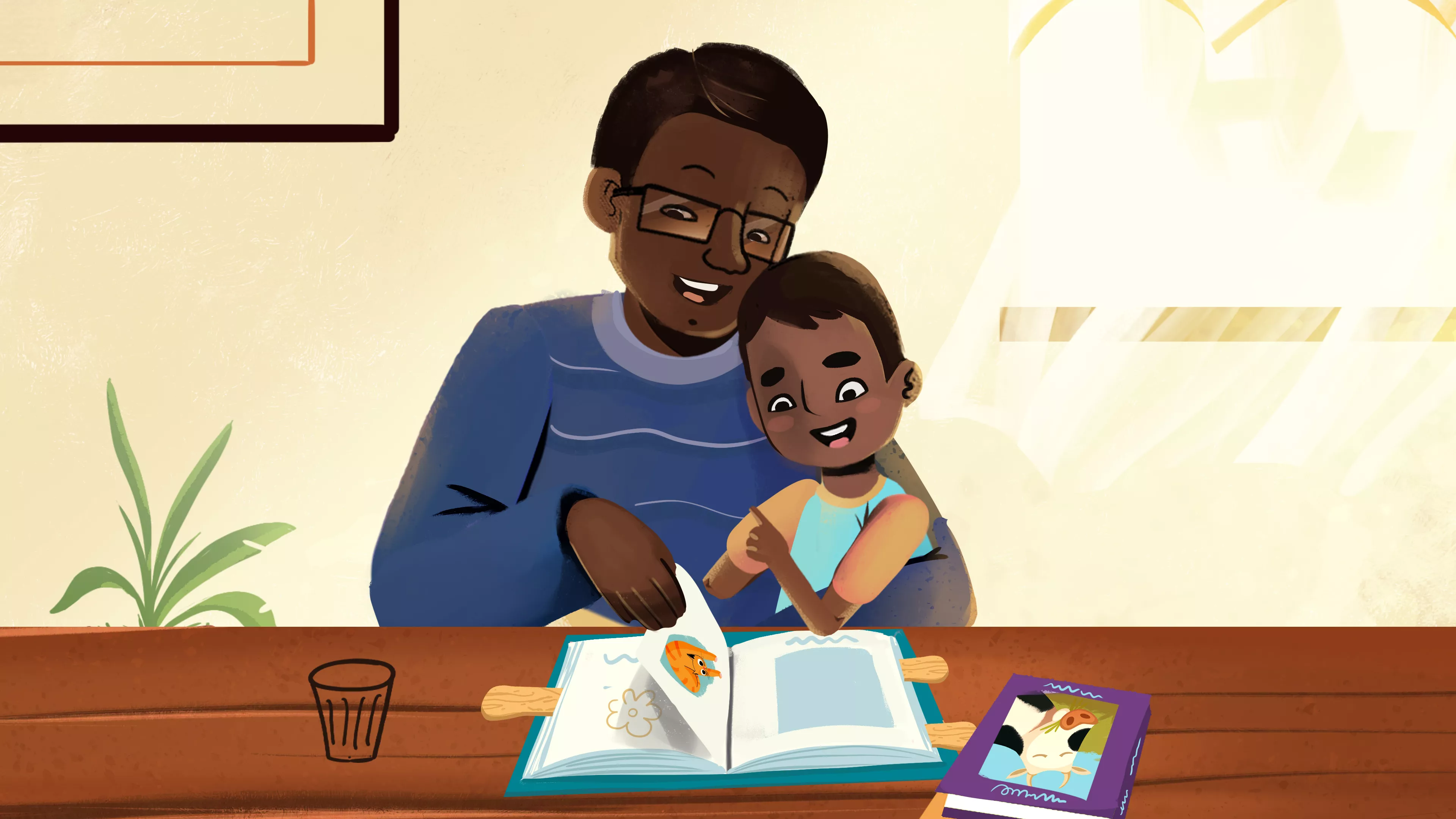

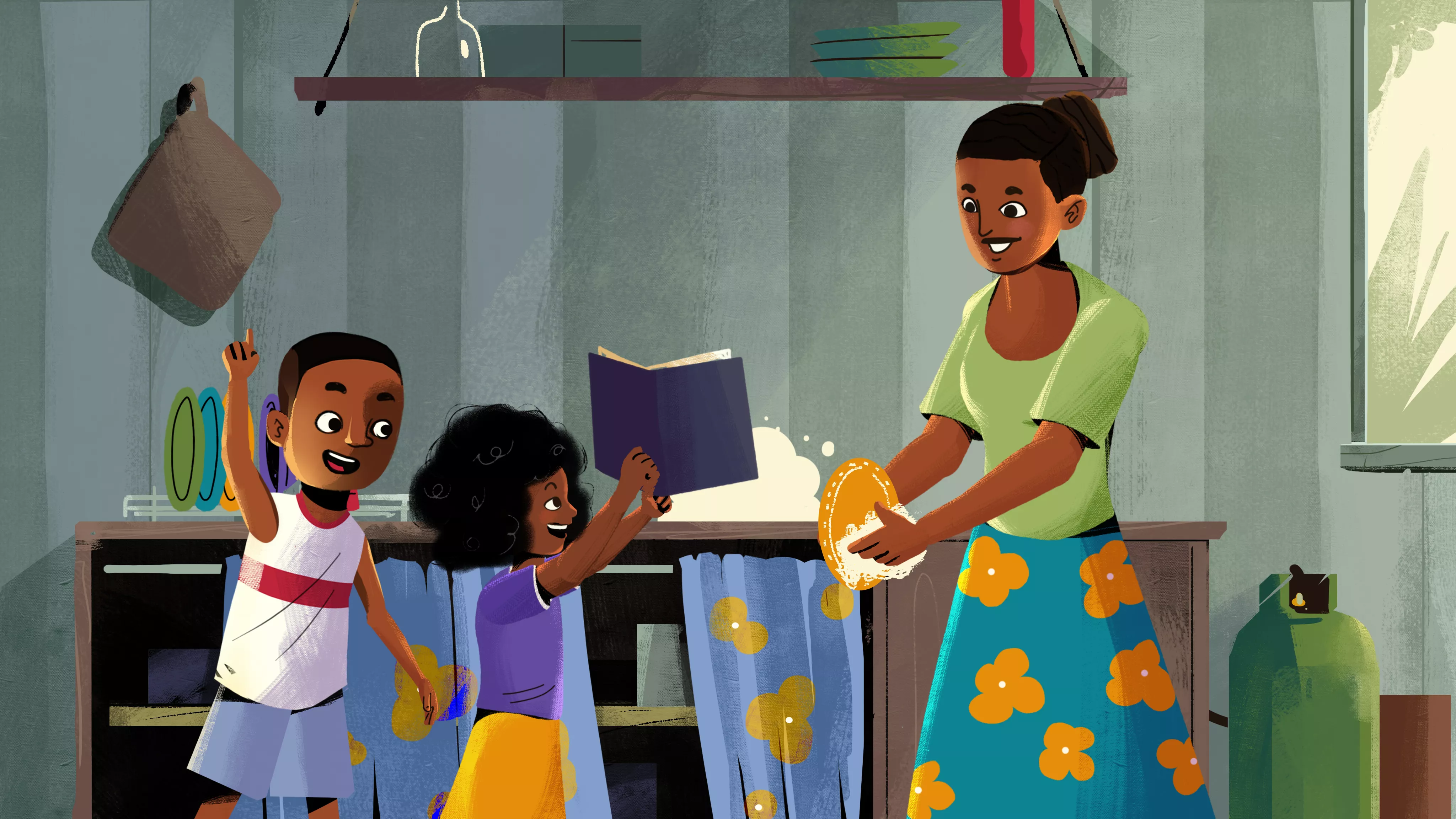

As part of their efforts to ensure that every child should own 100 books before the age of five, South African non-profit organization (NPO), Book Dash, recently did a remarkable thing: It created, published and distributed three new books during the national lockdown.
The organization gathered two teams of creative professionals who volunteered to pilot this new virtual Book Dash. Then, making the most of their learning from the past 14 physical events, Book Dash successfully replicated the experience online, with some adjustments.
In February we celebrate World Read Aloud Day (5 February) and International Mother Language Day (21 February).
Here are some links to find openly licensed storybooks and reading resources to read aloud in some of the 7,000 living languages:
Sometimes innovation is not about the shiny new things, but rather about grasping existing opportunities to make them work for you and your community, especially when confronted with a crisis.
Guest blog by Dr Nkem Osuigwe, Human Capacity Development & Training Director, AfLIA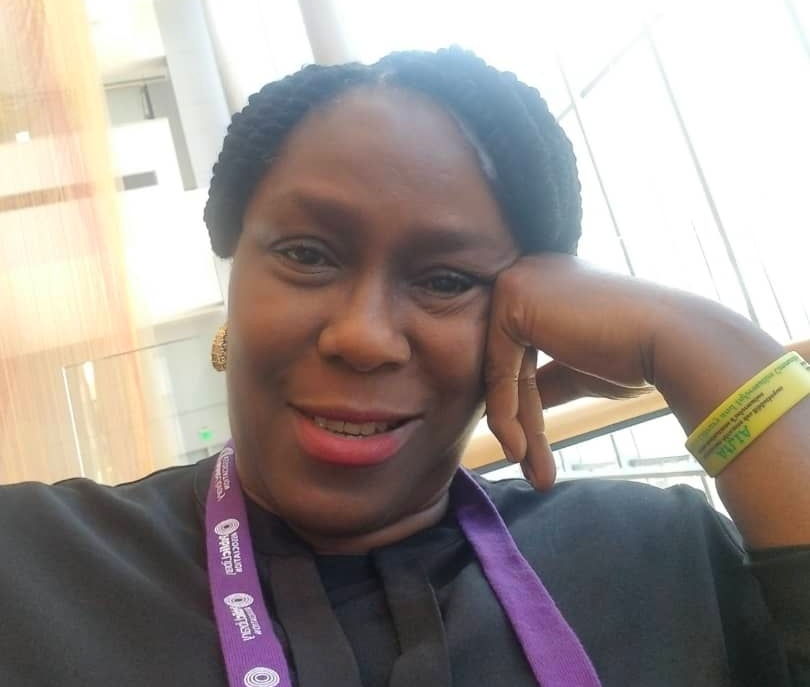
How do teachers and parents cope with the challenges of educating their children in uncertain times, while acknowledging resource limitations and avoiding cut-and-paste solutions, and copyright infringements.
Schools may be closed, but children can continue to learn and enjoy reading storybooks during this difficult period. We’ve told you about wonderful places to identify good storybooks in previous blog posts.
In this post, we’re going to tell you about resources for parents and caregivers who want to help their children with learning and reading.
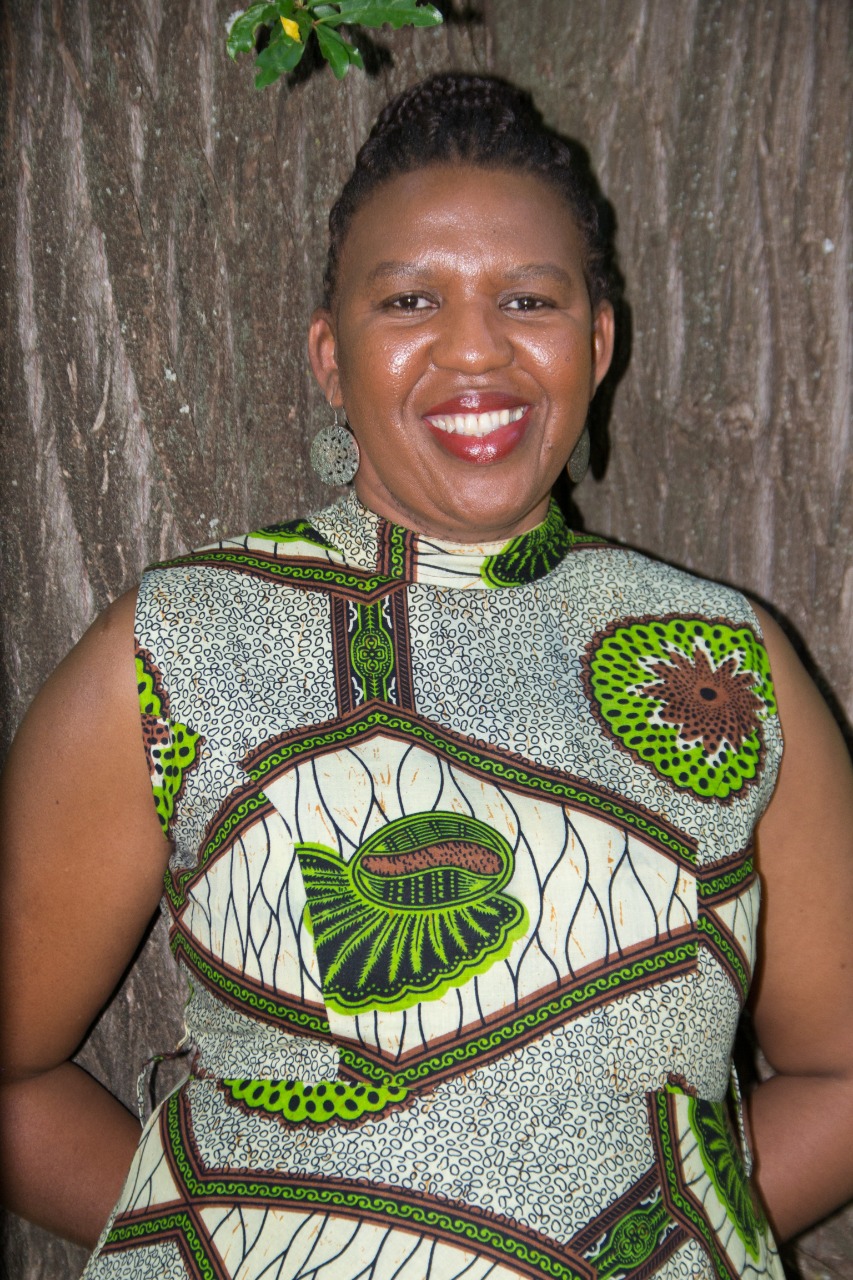
For this blog series, the Early Learning Resource Network is reaching out to authors, editors, illustrators, translators, educators, publishers and other stakeholders who, through their creative endeavours, are working to grow and improve the early learning environment, specifically on the African continent.
What really struck me when attending the recent AfLIA-run World Read Aloud Day webinar was this profound quote our host, Dr Nkem Osuigwe, included in her presentation:
Craig Esbeck, Director, Mango Tree Literacy Lab
Much like us at the Early Learning Resource Network, you were probably engrossed in all the World Literacy Day webinars, tweets, blog posts and project launches that flooded the social-media timelines on 8 September.
These non-governmental organizations (NGOs), which have innovatively adopted open licensing publishing and distribution models and that specialize in solving early literacy challenges in developing nations, were selected along with a list of other initiatives, ‘for their exemplary work in ensuring that children continue to build critical literacy skills.’
Now that so many of us are locked down and locked in because of COVID-19, it is the time to explore the virtual world of children’s stories – all free to read and all openly licensed. A few great platforms are listed below:
Meet Akoss Ofori-Mensah of Sub-Saharan Publishers. She is working with Neil Butcher & Associates (NBA) to research the impact of open licensing on publishing business models by sharing books in underserved local Ghanaian languages. Akoss says she agreed to this work because she wants to understand how open licensing works and:
…its benefits to children; especially allowing them to read stories in their own mother tongue.
Ubongo co-founder, Nisha Ligon, describes this non-profit social enterprise as the world’s biggest classroom, and with a reach to 17 million learners across sub-Saharan Africa, she’s not wrong.
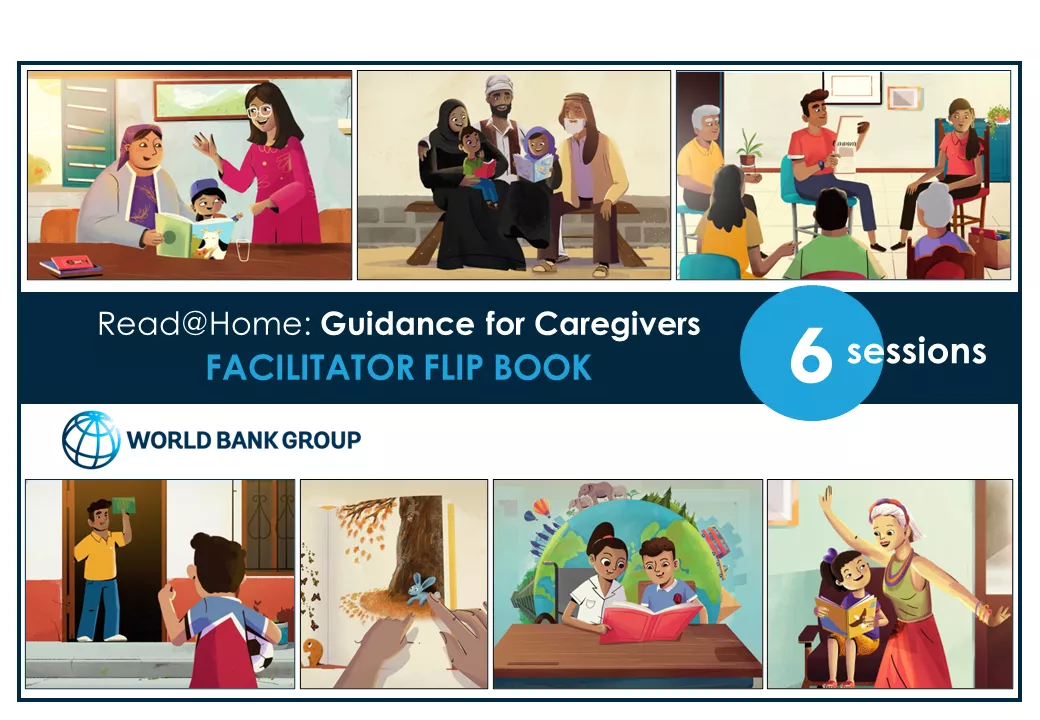

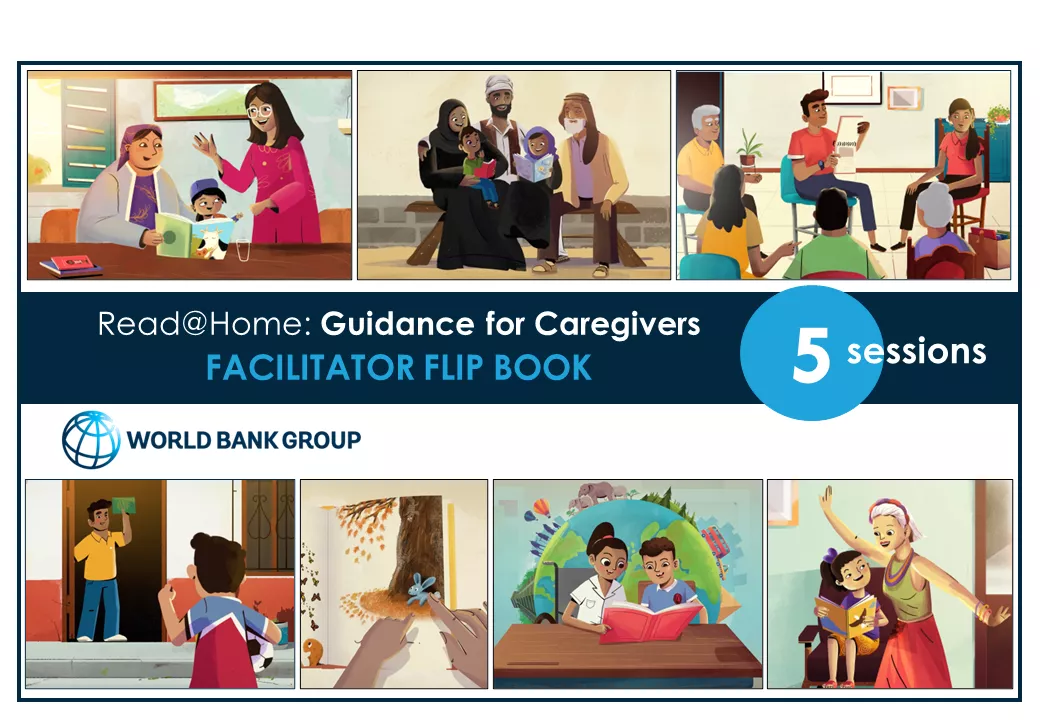

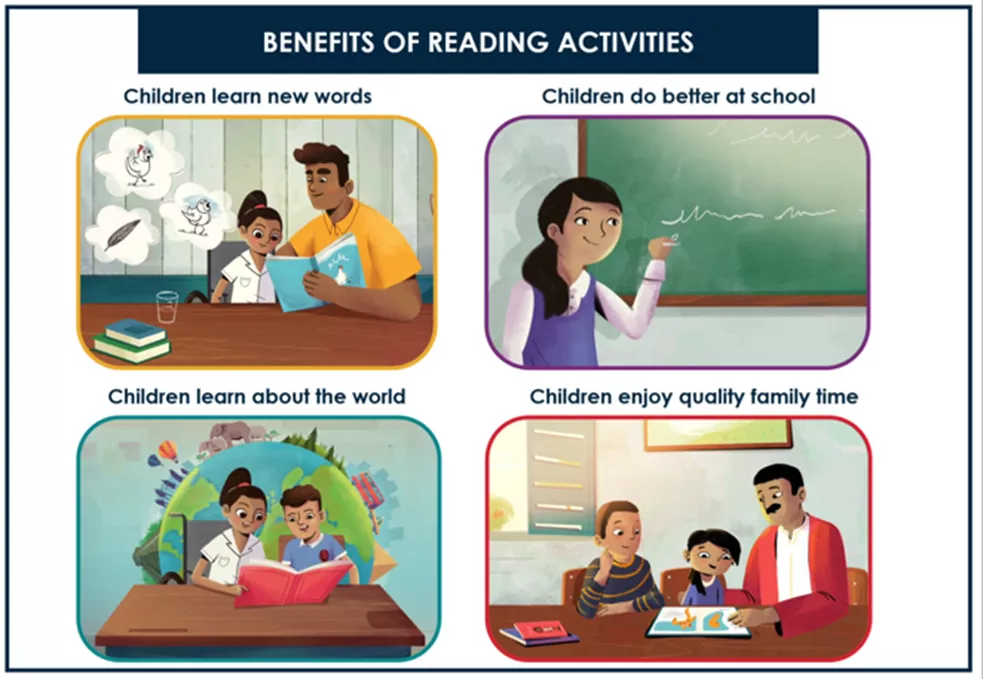

Handouts are divided into four sections:
- Handout 1 - Introduction
- Handout 2 - Benefits
- Handout 3 - Before, During and After
- Handout 4 - Supporting Children with Disabilities
Each handout is accompanied by a discussion guide, which can be used to discuss the content of the handouts with caregivers either in person, or over the phone.
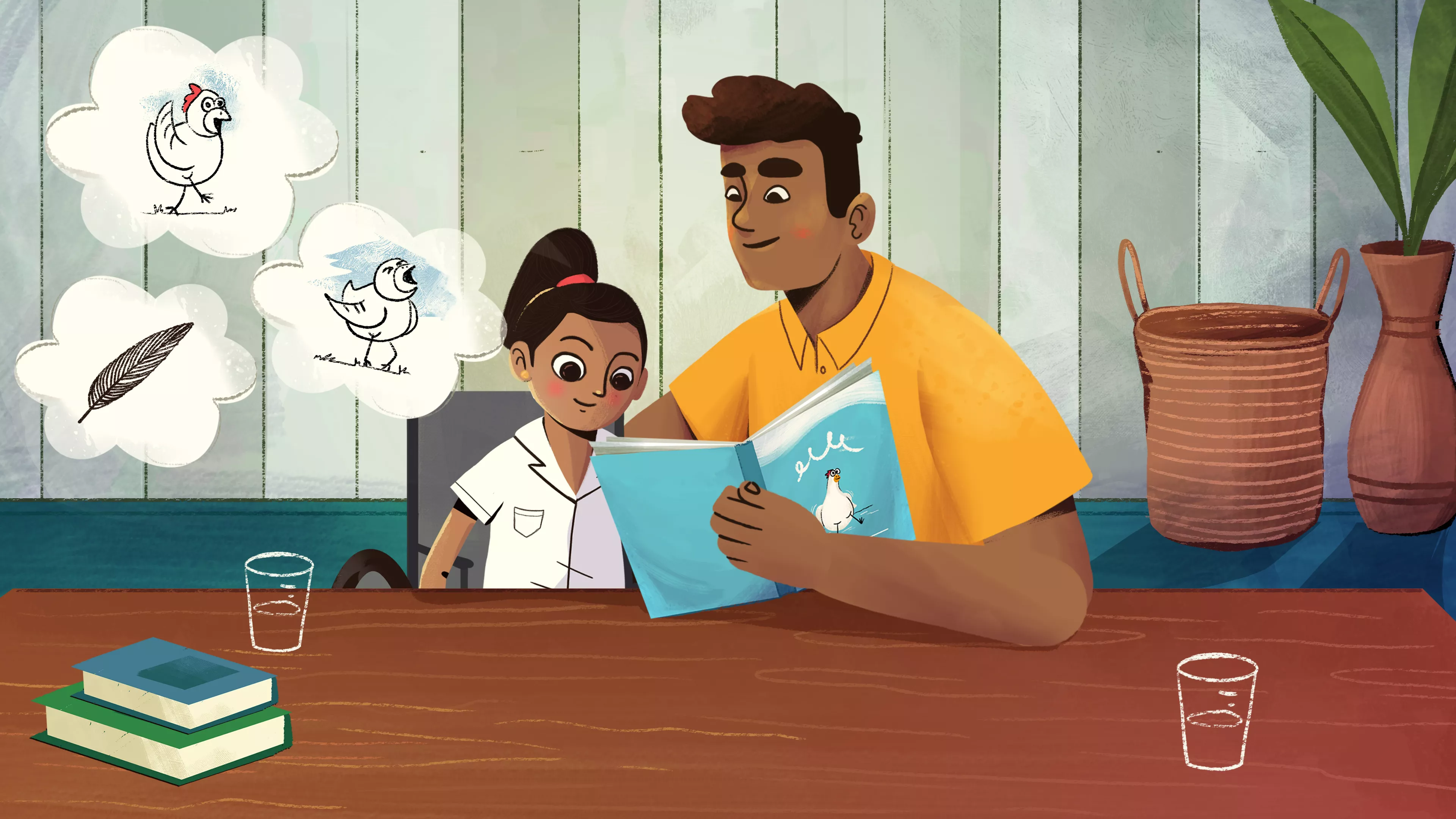

This animation introduces the importance of caregiver involvement in reading activities, and the benefits of books and reading for children’s development and learning.
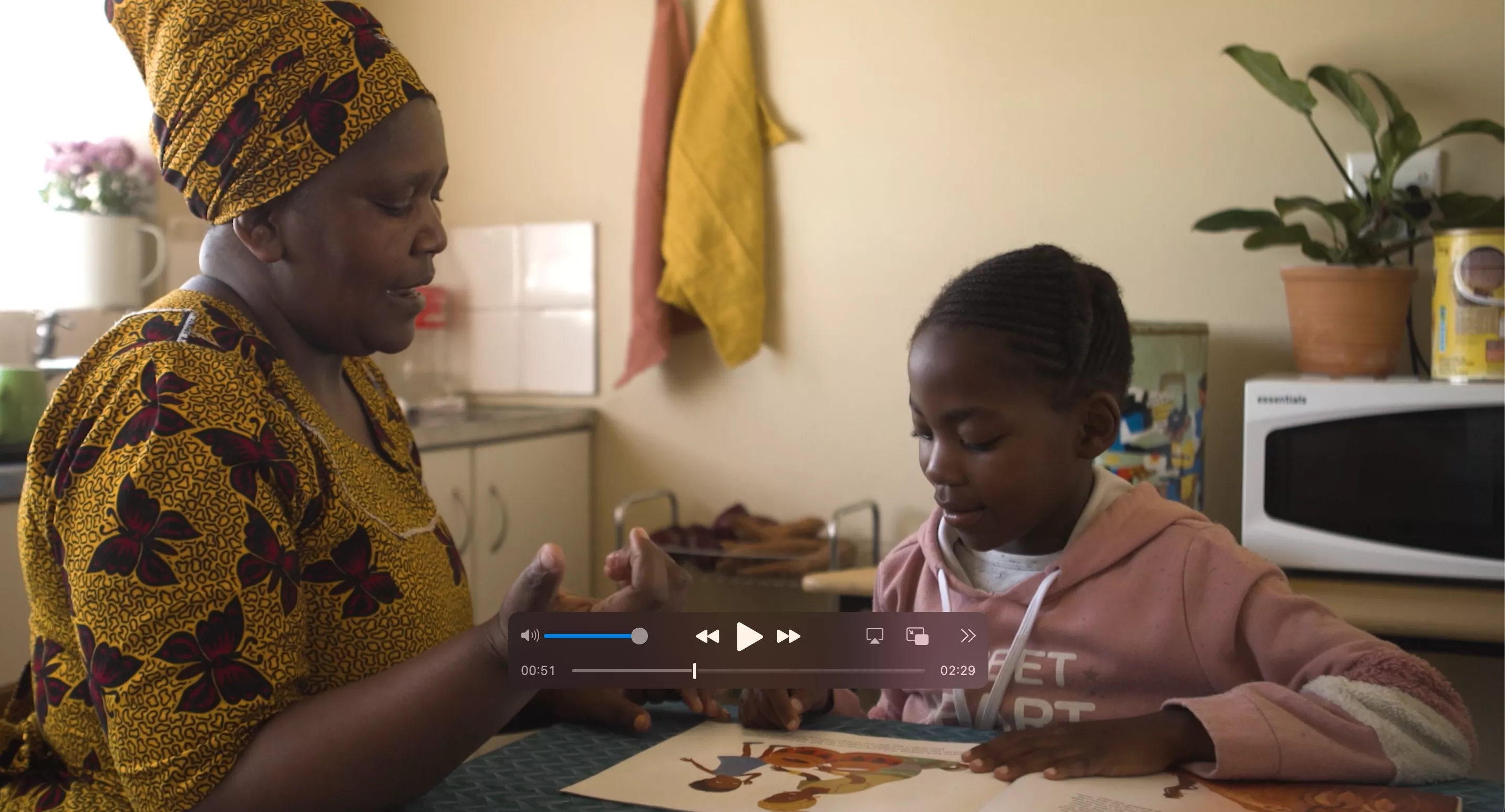

This demonstration video provides examples of the following parent engagement techniques and activities:
This manual aims to provide practical guidance on the identification and selection of quality children’s reading materials for home use, and the identification or design of accompanying materials for caregivers to support children’s learning. The manual is part of the Read@Home initiative, which aims to deliver reading and learning materials to hard-to-reach homes.
This Guidance Note is designed to support government and World Bank teams in preparing accurate and complete bidding documents for books, evaluating proposals, and awarding contracts.





